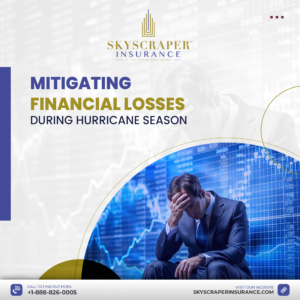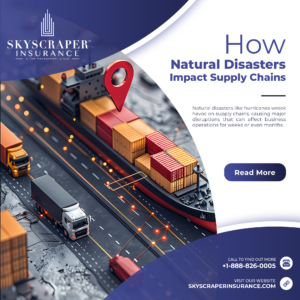A survey also showed just one in 10 people had very good cyber protection in place, highlighting a growing need for personal cyber coverage.
When it comes to cybersecurity, only a quarter felt all employees had responsibility for cybersecurity, Munich Re reported, which noted cyberattacks often start by targeting an individual employee. Most C-level execs said IT departments are responsible for avoiding cyber incidents.
Small and midsized companies are expected to see a disproportionate volume of cyber incidents, in turn driving a bulk of the demand for cyber insurance, according to a survey from Munich Re, which expects the market to hit a value of approximately $20 billion by 2025.
The Global Cyber Risk and Insurance Survey polled nearly 2,000 C-suite executives and found that slightly more than 80% said their company is not adequately protected from cyberthreats. In fact, just around 10% of all respondents already had a cyber policy in place. However, there were regional differences in this, as 20% of C-level executives in Australia said they had cyber coverage.
While many executives feel unprepared for threats, 35% said they are considering cyber insurance policies, and most say they will likely follow through.
Further, 35% have reached out to an insurance professional about cyber coverage. Again, regional differences are seen with executives in China and Brazil showed considerably more interest in integrating cyber protection.
When it comes to cybersecurity, only a quarter felt all employees had responsibility for cybersecurity, Munich Re reported, which noted cyberattacks often start by targeting an individual employee. Most C-level execs said IT departments are responsible for avoiding cyber incidents, while 15% said senior management should take the lead.
Interest growing in personal protection
Although awareness of the threat of cyberattacks on a personal level is high, just one in 10 people said they have very good cyber protection in place. Munich Re suggests some consumer education could go a long way, as 87% of respondents said they have never been offered a cyber policy to cover themselves or their families.
Globally, respondents in Brazil and China voiced the most concern about online fraud and misinformation. In fact, 78% of respondents in China said they were already a private cyber victim. Across all attack vectors, 50% of study participants said they were the victim of a cyberattack.
The following is an application for insurance. Fill out every question and please be honest. The information you provide will be relied on in determining acceptability, coverage, and/or price of insurance. If you have any trouble, live chat is available or you can email your insurance agent at Skyscraper insurance Services, Inc.. Once you complete the application, your agent will reach out with any quotes or additional questions we may have. Thank you for your business.
https://app.wingmaninsurance.com/app/application/cyber/invite/skyscraperinsurance?agencyId=557




